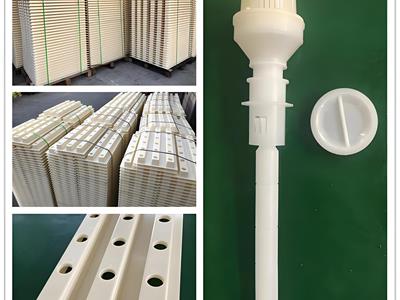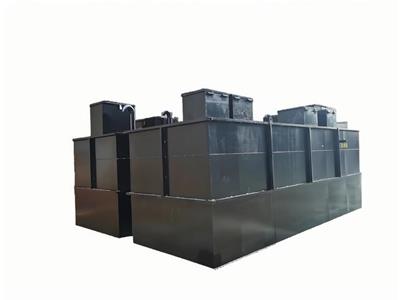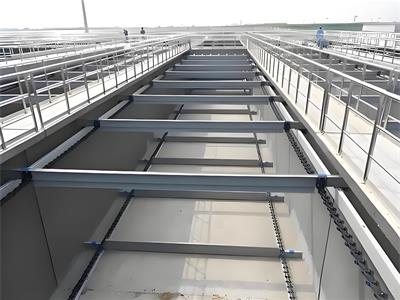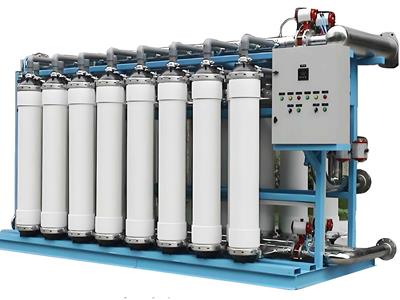- 2025-07-09
Affinity (ion exchange selectivity)
Affinity (ion exchange selectivity)
Ion exchange affinity refers to the resin's priority for adsorbing counter-ions, with its strength determined by the ion's valence, hydration radius, and the characteristics of the resin functional groups, following the following rules:
Valence rule
Higher-valent ions are preferentially adsorbed (e.g., Fe³⁺ > Ca²⁺ > Na⁺)
Water hydration radius rule
Among ions of the same valence, those with a smaller water hydration radius have stronger affinity (e.g., K⁺ > Na⁺ > Li⁺)
Concentration dependence
When the electrolyte concentration is >0.1 mol/L, selectivity significantly decreases
Periodic table correlation
Anion exchange: Strong affinity concentrated on halogen elements (Group ⅦA Cl⁻/Br⁻)
Cation exchange: High selectivity observed in chalcogen elements (Group ⅥA SO₄²⁻)
Correction of energy relationships
Note: The concept of electron affinity in the original text pertains to physical chemistry and has no direct relation to ion exchange processes. Ion exchange processes follow the law of mass action, with their selectivity driven by the change in Gibbs free energy (ΔG).






